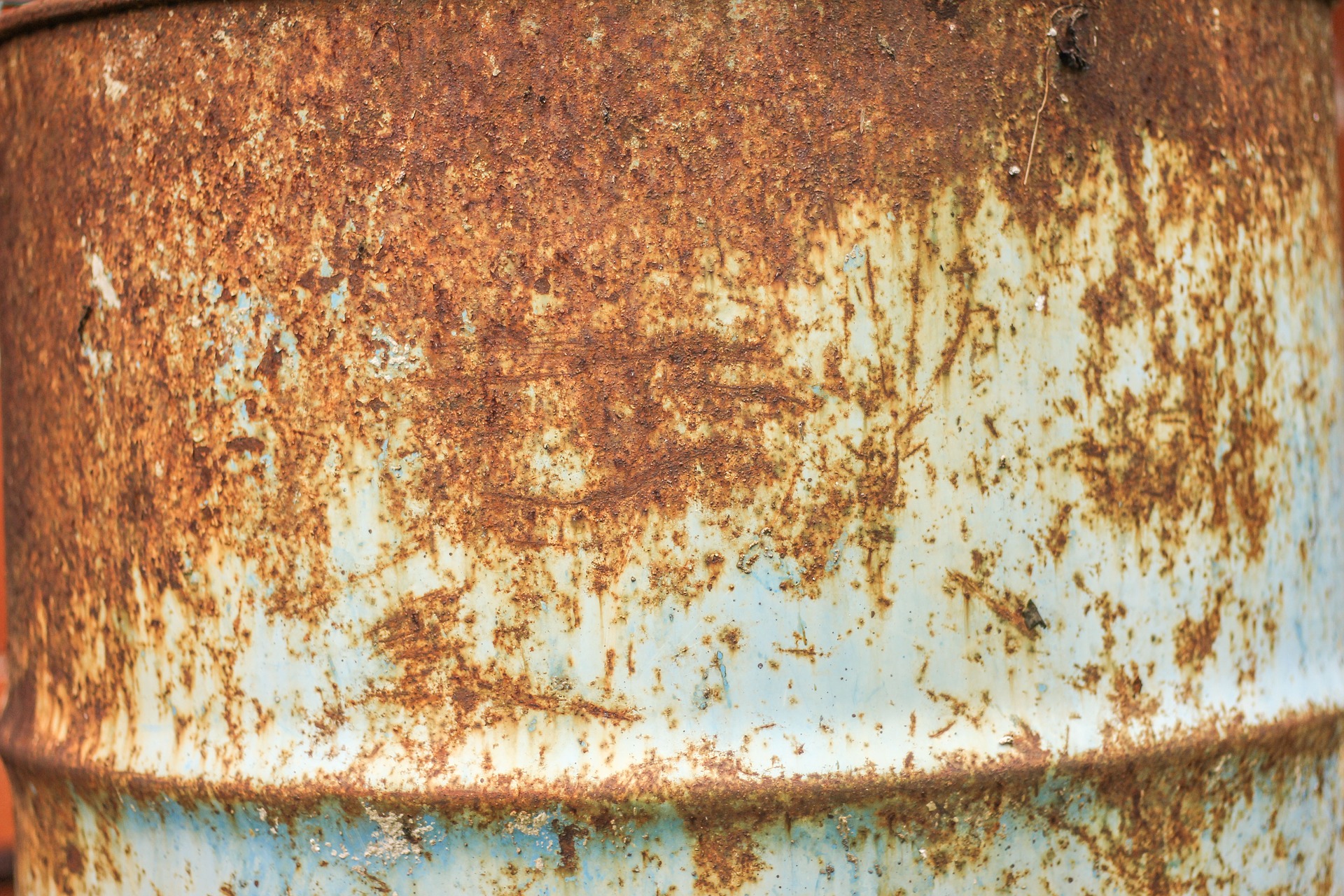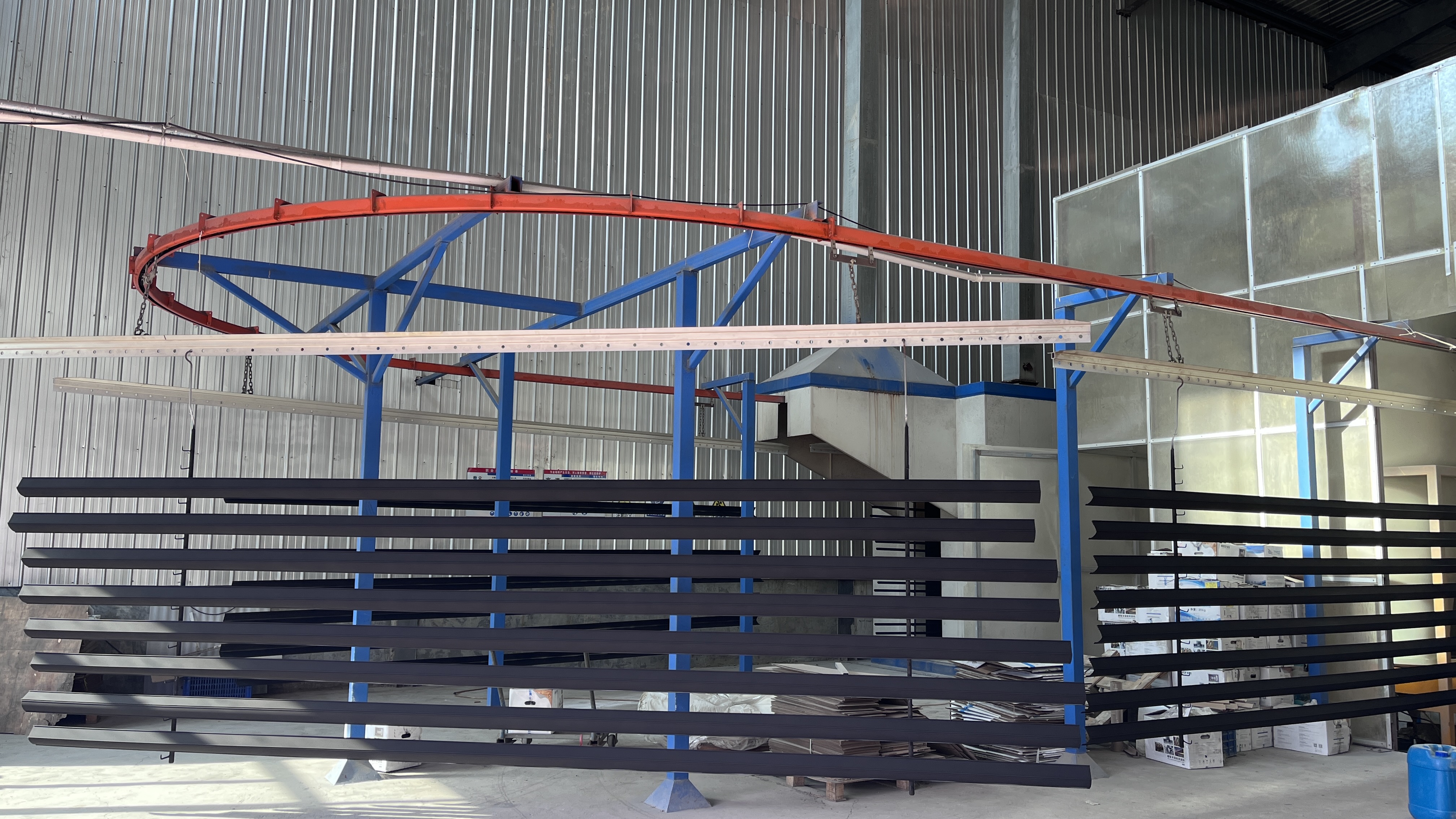Aluminiumis widely used in various industries due to its lightweight, durability, and excellent corrosion resistance. However, it is not completely immune to corrosion. In this article, we will discuss the types of corrosion that affect it, and methods to prevent corrosion.
Why is Aluminum Corrosion Bad?
Aluminium is favored in different applications due to its low density, making it lighter than other metals like steel. It is also known for its excellent thermal and electrical conductivity properties. However, it is susceptible to various types of corrosion, including pitting, galvanic, and inter-granular corrosion. Pitting corrosion occurs when small pits form on the metal’s surface due to exposure to aggressive environments. Galvanic corrosion happens when aluminium comes into contact with dissimilar metals in the presence of an electrolyte, creating a corrosion cell. Inter-granular corrosion affects aluminium alloys, weakening the material along grain boundaries.
Tips on how to avoid pitting corrosion
To prevent aluminium corrosion, protective coatings are highly effective. Anodizing, painting, and powder coating provide a barrier between the metal and its corrosive environment, preventing moisture and other corrosive agents from reaching the surface. Regular cleaning with mild soap and water can remove accumulated dirt and grime, avoiding corrosion acceleration. Harsh chemicals and abrasive cleaners should be avoided as they can damage the protective layer.
Protecting aluminium from direct contact with dissimilar metals minimizes the risk of galvanic corrosion. Insulating materials such as plastic or rubber gaskets can be used to prevent direct contact between aluminium and other metals. Additionally, controlling exposure to corrosive environments is crucial. Implementing proper ventilation and humidity control measures can reduce moisture levels and the presence of corrosive chemicals or gases.
In conclusion, while aluminium has many advantages, it is susceptible to corrosion. Pitting, galvanic, and inter-granular corrosion are common types that affect aluminium. Applying protective coatings, maintaining cleanliness, avoiding contact with dissimilar metals, and controlling exposure to corrosive environments are effective prevention methods. By implementing these measures, the lifespan and performance of aluminium can be maximized, ensuring its continued use in various applications.
If you have further questions about preventing aluminium corrosion, feel free to contact us to learn more. Prevention is always a better strategy than dealing with corrosion once it sets in.
Tel/WhatsApp: +86 17688923299 E-mail: aisling.huang@aluminum-artist.com
Post time: Oct-21-2023








